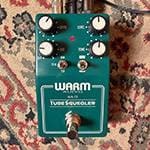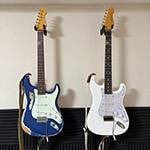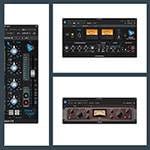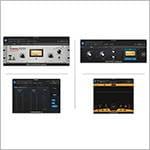Hello, this is Conservario.
Many beginners often find themselves in a situation where they’ve bought an ukulele but aren’t sure what to do next.
Should you buy an instructional book? Should you search for “ukulele beginner practice” on YouTube?
There are many different ways to go about it.
There are good and bad ways to use instructional books and lesson videos.
I hope you’ll read through this and find it helpful.
How to Make the Most of Instructional Books and Lesson Videos
Let me give you the conclusion first:
It’s okay if you can’t play everything exactly as shown in the instructional book or lesson video. Just practice what works for you.
The reality is that instructional books and lesson videos aren't necessarily made for you at your current level.
What does ‘beginner’ mean in the context of ukulele players?
It could refer to someone who just bought an ukulele and has little experience with instruments or music. Or it could be someone who has a degree in piano and is a professional musician but needs to play an ukulele for a short segment in a live performance.
Both are considered ukulele beginners, but their starting points and goals are vastly different.
For someone with experience in music or instruments, information like “Ukulele tuning is GCEA” is easy to understand. But for someone with no musical experience, “tuning? GCEA? What does that mean?” will likely be the reaction.
Instructional books and lesson videos are all part of a business. There’s nothing wrong with information from authors or creators who want their readers and viewers to improve. However, not everyone has that intent... Many videos, especially on YouTube, are designed with attention-grabbing titles or thumbnails (those small images you see before clicking on a video) with the sole goal of increasing revenue. Beginners may not know whether the information is correct or not, so they may simply trust what they hear.
If you’re learning correct techniques and information, you should keep adding to your knowledge. But if you fall into bad habits or use incorrect methods, it can be a huge waste of time.
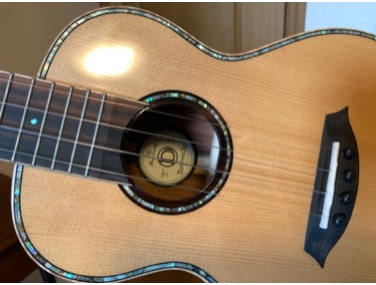
Returning to the earlier conclusion: practice only what suits you.
This method will help prevent bad habits from forming and make it less likely that you’ll get discouraged.
When it comes to instructional books, it’s enough to read the basic knowledge before the first sheet music comes up.
In today’s world, you can find sheet music for almost any song with a quick search (just be mindful of whether it’s legal or not).
Basic knowledge such as how to hold the ukulele, how to tune it, how to place your left hand, and how to strum with your right hand are often overlooked, but they are crucial. If you don’t learn them properly, it could lead to problems later.
So, it’s recommended to read different instructional books to make sure your knowledge and form aren’t biased.
Some people suggest reading through the entire book and practicing every detail, making notes, and re-reading it multiple times.
This approach is more suitable for those who already have some playing experience and are reading well-known, translated books.
I don’t recommend this for complete beginners.
Lesson videos are similar.
Judge whether the video suits you in the first few minutes.
If you find it too difficult or too easy, move on to another video.
Lesson videos are trickier than instructional books.
The reason is because anyone with a smartphone can upload them.
This means the accuracy of the information can be lower than that in books.
Be cautious, as some videos that suggest quirky techniques or methods often end up with a lot of subscribers and become quite popular.
Conclusion
I’ve shared how to use instructional books and lesson videos effectively.
While there’s a lot of detail here, the bottom line is: if it’s fun, it’s okay.
No matter how correct the information is, or if it’s recommended by someone who performs worldwide, what works for one person may not work for another.
If you’re not enjoying your practice, it’s better to stop.
When your brain and body are resisting, you won’t get any better, no matter how many hours you spend practicing.
Feel free to practice your favorite songs as much as you want.
When you encounter parts you don’t understand or can’t play, look up instructional books or lesson videos to help you.
If you clearly know what you want to achieve, you’ll be able to find the right information.
Simply gathering information without a clear goal won’t lead to improvement.
If you find that instructional books or lesson videos are too hard to understand, taking lessons with an actual teacher is another option.
While learning from a professional is fine, if there’s someone around you who can play the ukulele, it’s worth learning from them.
You might discover things you hadn’t noticed before.
There is no one right way to practice.
If your goal is to play well, any approach will work.
In fact, you don’t have to rely on instructional books or videos at all.
Find the method that suits you and enjoy the process.
Thank you for reading until the end!
The “sound & person” column is made up of contributions from you.
For details about contributing, click here.






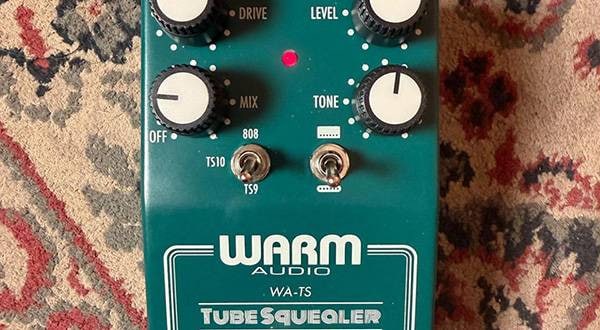
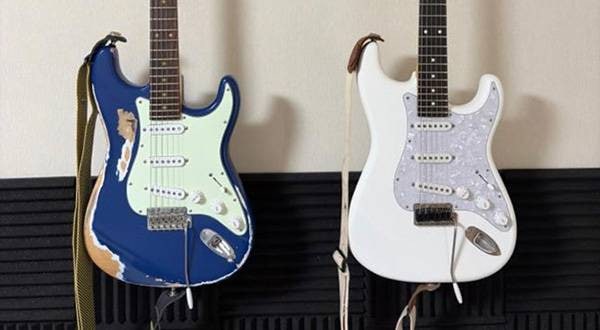

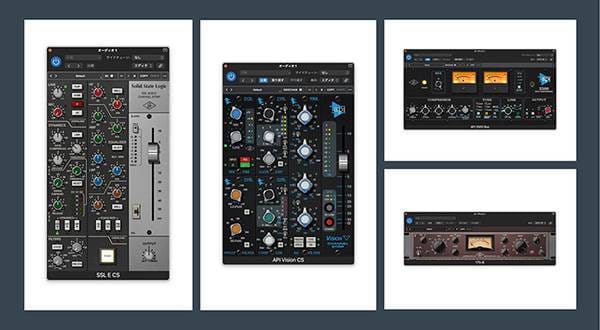
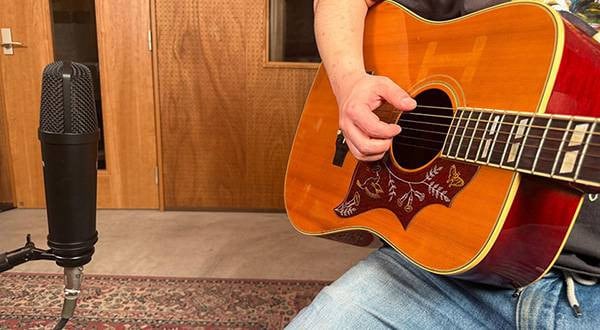
![[Enjoy the Ukulele Even More!] Thinking About Playing a Sound](/contents/uploads/thumbs/5/2022/3/20220317_5_17099_1.jpg)
![[Enjoy the Ukulele Even More!] Hacks to Keep Your Strings Going Longer](/contents/uploads/thumbs/5/2022/3/20220317_5_17094_1.jpg)
![[Enjoy the Ukulele Even More!] For Those Who Feel Their Strumming Has Become Repetitive](/contents/uploads/thumbs/5/2022/2/20220228_5_16890_1.jpg)
![[Enjoy the Ukulele Even More!] Do I Have to Practice the Basics?](/contents/uploads/thumbs/5/2022/2/20220221_5_16789_1.jpg)
![[Enjoy the Ukulele Even More!] Ukulele Condition Check You Should Do](/contents/uploads/thumbs/5/2022/2/20220214_5_16699_1.jpg)
![[Enjoy the Ukulele Even More!] Basic Knowledge Before You Start Playing](/contents/uploads/thumbs/5/2022/2/20220214_5_16700_1.jpg)
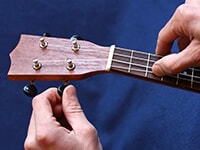 ウクレレのチューニング方法
ウクレレのチューニング方法
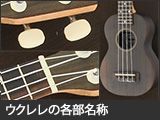 ウクレレの各部名称
ウクレレの各部名称
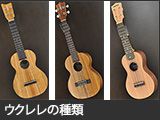 ウクレレの種類
ウクレレの種類
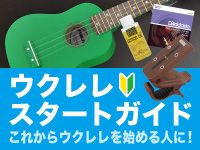 ウクレレスタートガイド
ウクレレスタートガイド
 めちゃラク!ギター講座
めちゃラク!ギター講座
 ウクレレ初心者講座
ウクレレ初心者講座
